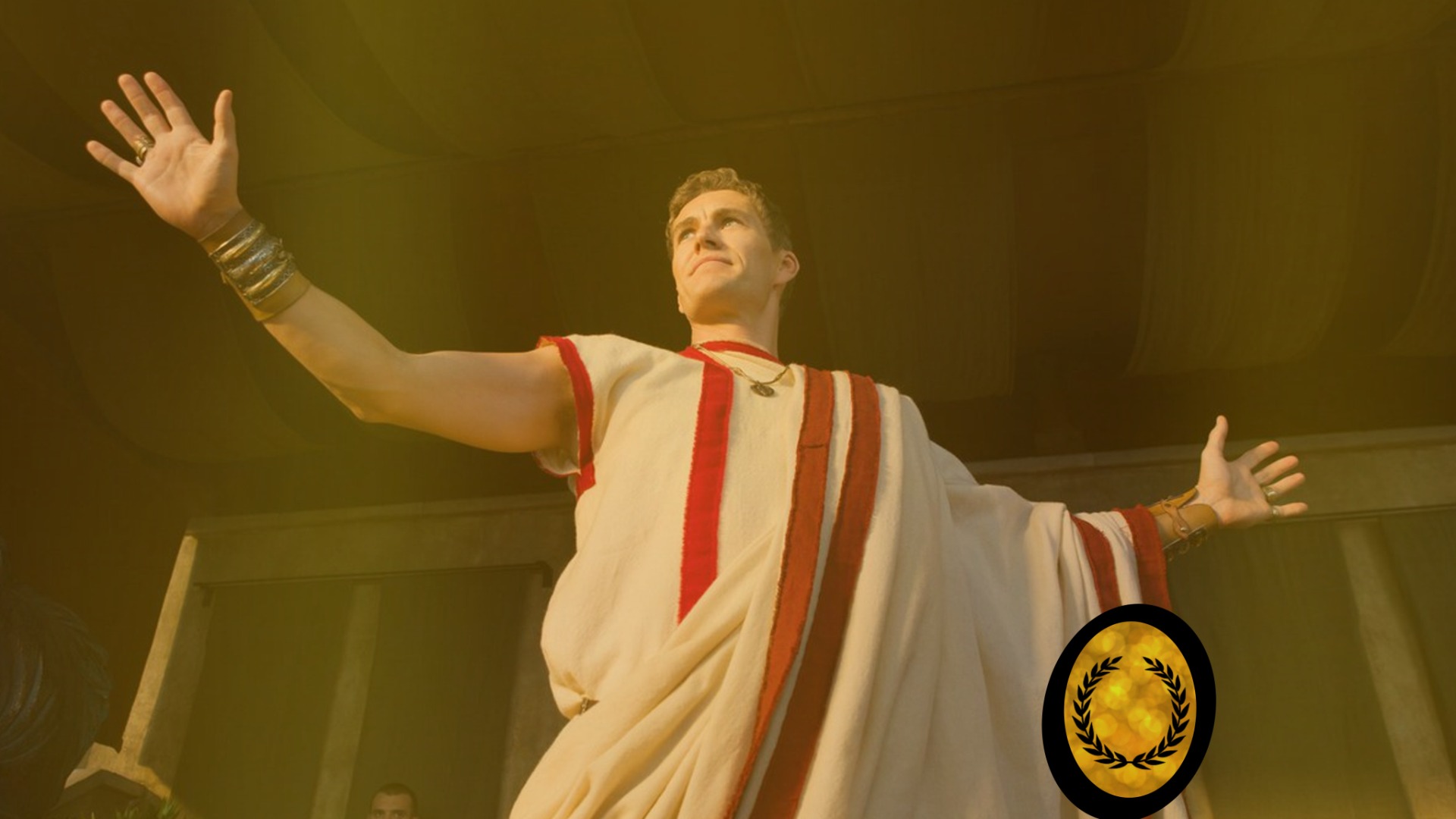In 53 BC, about eighteen years after the conclusion of the Third Servile War, when Crassus occupied the Proconsulsor of Syria, he waged war with the Parthian Empire, as he longed for recognition as a general of the Senate; recognition he was denied despite his victory over Spartacus.
He was jealous of Caesar's conquests in Gaul and Pompey's successes in Hispania and the eastern Mediterranean, and still bitter that Pompey received credit for the victory over Spartacus's army. In this sense, Crassus received help from King Artavazdes II of Hayasdan (Armenia), who offered Crassus a safer route to Mesopotamia through Armenian lands. But Crassus declined the offer and opted to approach the Parthians head-on, crossing the Euphrates River.
In the infamous Battle of Carrhae, Crassus' forces suffered losses by the specialist Parthian cavalry. To get them out of their supply lines in the hope that they would run out of arrows, Crassus sent his adult son, Publius. But Publius' forces were cornered on a hill by the Parthians and Publius killed himself before he could be captured or executed. When Crassus learned that Publius encountered problems with the Parthian cavalry, he risked his entire surviving army to rescue his son, believing that he might still be alive. This proved to be wrong when Crassus himself discovered that the Parthians had cut Publius's head and placed it on a spear to insult Crassus.
The resulting depression of Crassus negatively impacted his ability to lead, and almost all of his strength was killed by Parthian Spahbod (general) Surena, the few survivors were taken prisoner. Crassus 'quaestor, Gaius Longinus Cassius, would take 10,000 men back to security in the province of Syria, but that was only a fraction of Crassus' original strength. Crassus himself was to be captured and was soon executed by order of Surena, for having molten gold poured into his throat to mock his wealth and insatiable greed. After that, Surena would have sent Crassus' head to the Emperor from Orodes II, who was watching a Greek game of Agave. Crassus' head was sent to the actor on stage, who used it as a prop to represent the character Pentheus.











